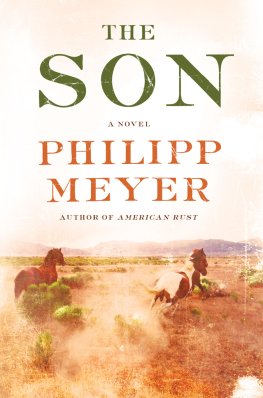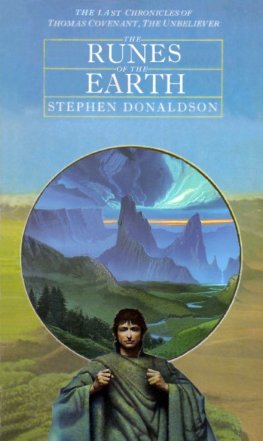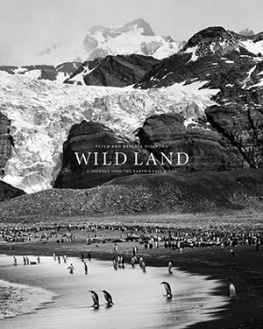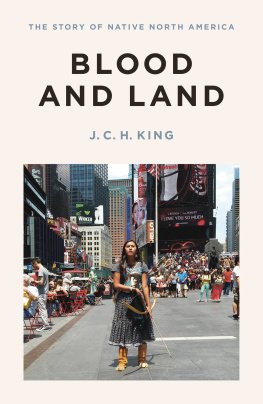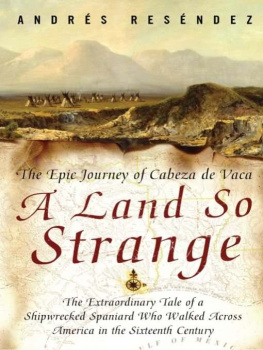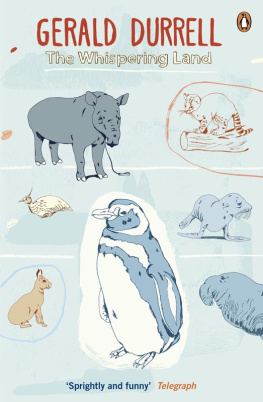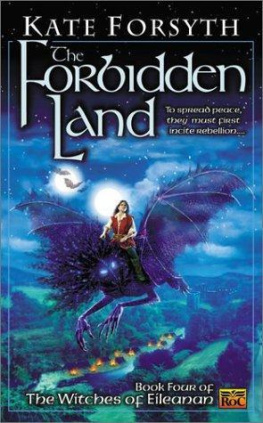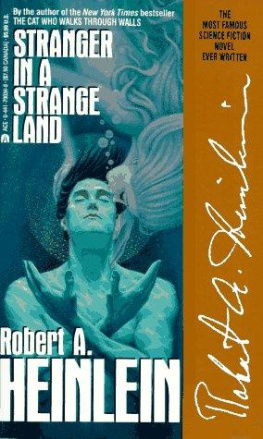THE FIRST AMERICANS #3: FORBIDDEN LAND by WILLIAM SARABANDE
BANTAM BOOKS BY WILLIAM SARABANDE
The First Americans Series
Beyond the Sea of Ice
Corridor of Storms
Forbidden Land
Walkers of the Wind
The Sacred Stones
Thunder in the Sky
Edge of the World
Shadow of the Watching Star
Face of the Rising Sun and Wolves of the Dawn
Watch for
Spirit Moon in summer 2000
THE FIRST AMERICANS #3: FORBIDDEN LAND
WILLIAM SARABANDE
Created by the producers of Wagons West, Stagecoach, White Indian, and The Badge.
Book Creations Inc." Canaan, NY Lyle Kenyan Engel, Founder
BANTAM BOOKS NEW YORK TORONTO LONDON SYDNEY AUCKLAND
FORBIDDEN LAND
A Bantam Book published by arrangement with Book Creations Inc. Bantam edition September 1989
Produced by Book Creations Inc. Lyle Kenyan Engel, Founder
All rights reserved.
Copyright 1989 by Book Creations Inc.
Cover art copyright 1989 by Jerry Lofuro.
No part of this book may be reproduced or transmitted in any form or by any means, electronic or mechanical, including photocopying, recording, or by any information storage and retrieval system, without permission in writing from the publisher. For information address: Bantam Books.
If you purchased this book without a cover you should be aware that this book is stolen property. It was reported as "unsold and destroyed" to the publisher and neither the author nor the publisher has received any payment for this "stripped book."
ISBN 0-553-28206-9
Published simultaneously in the United States and Canada
Bantam Books are published by Bantam Books, a division of Random House, Inc. its trademark, consisting of the words "Bantam Books" and the portrayal of a rooster, is Registered in U.S. Patent and Trademark Office and in other countries. Marca registration, Bantam Books, 1540 Broadway, New York, New York 10036.
Printed IN The United STATES Of- AMERICA
OPM 18 17 16
DEDICATION
To Carla ... with memories of Hubert Howe Bancroft and all of the good books read and shared!
And in loving memory of my great-great-grandfather Brigadier General Wladimir Bonaventura Krzyzanowski--an immigrant to the New World whose travels and daring exploits of 1872-1874 first inspired this author's fascination with the history of the Far North.
"Everything was foreign to me," he wrote. "There was no hand to shield me from distress, there was no heartbeat of brothers or sisters which would have echoed mine.... I suffered through my distress with the hope that something better would grow, and I watered it with my tears."
A special agent of the United States Treasury, he was sometimes called the First Governor of Alaska, because he was often the only American governing official of rank within the territory. He rode the high seas and trails, from the customhouse of Sitka, to the upper reaches of the Stikine River and Fort Wrangell, to the gold fields of the Klondike. On behalf of his adopted country and its native Americans---whose rights and land he sought to protect against the smugglers, rumrunners, corrupt politicians, and gold-crazed prospectors--he fought the good fight as valiantly as he fought at Gettysburg, Bull Run, Chancellorsville, and the Battle of Cross Keys as commander of the Second Brigade, Third Division, XX Corps of the Army of the Potomac.
This book, Forbidden Land, is for you, Kriz, and for all of those "first" Americans who knew a wondrous land when they saw it, who had the courage to stay and water it with their tears and to protect it with their love and lives.
PART I.
UNDER THE SHADOW OF THE BLACK MOON
"Now!" The old woman's voice was as sharp as the ancient, taloned hands that pressed hard against the young woman's belly. "Bear down! Now!"
In the shadowed darkness of the hut of blood, Lonit obeyed. The child was coming, coming on a tide of blood and pain. She would not be here to greet it. She was too tired. Even though the midwives were holding her upright, she felt herself slipping away, drifting into delirium.
The two women who held her by her upper arms shook her. Jarred her. She was annoyed with them. The pain was passing. The tide of blood had brought no child after all. Why did they not allow her to lie down? Her blood ran down her legs and was seeping into the thick layer of grasses and lichens covering the floor. How she hated the sweet smell of blood and the rank, moldering scent of winter dark that filled the little hut. Just thinking of them sickened her, and she wished that the midwives would clear the soiled floor covering away and bring in fresh, which, unstained, would smell of the summer sun. Summer! How she longed for summer!
The gray lichens and golden grasses pricked the soles of her feet. She was too weak to stand, but perhaps it would not be so good to lie down. The floor covering had been spread to absorb blood and birth debris, not to provide comfort. That would come later, after the child was born. If it was ever born!
"Woman of the West, bear down, I say!"
Who spoke? Old, talon-fingered Zhoonali? Wallah? lana?
Kimm or Xhan? Lonit could not tell. Around her, the overcrowded confines of the circular hut were a blur of sweating, watching women, as naked and painted with ash and rancid oil as she.
Above her, the interior framework of mammoth and camel ribs arched upward toward the hide-covered vault of the unvented roof. A jumble of thong-joined caribou antlers supported the ceiling. How she wished that one of the midwives would fold back a portion of the hides, allowing the smoke to vent and fresh, cold air to enter. It was so close, so dark--and so smoky that she could barely breathe.
Her eyes rolled back in her head. The ceiling appeared to float, high ... so high. The racks of antlers seemed to move through mist, as though the spirits of the caribou were taking them up again and forming an invisible migration into the night. Lonit wondered if her spirit would follow. It would not be such a bad thing to die ... to join her ancestors ... to be away from pain, away from the probing eyes and hands of the midwives. She would follow the spirit caribou herds as her people had done since time beyond beginning--only this time she would go alone and not come back.
"No!"
Her own shout of defiance startled her. The ghost caribou fled into the night, and the antlered ceiling hung steady and unmoving. She was suddenly aware of the rich, acrid stink of burning bison tallow and knew that the moss wicks in the stone lamps were guttering--again. How many times had they been replaced since she had been proudly escorted to the hut of blood by her man? How long had it been since she had entered the hut, stripped off her specially made waiting garments, and ceremonially fed them to the fire of new life coming?
The embers of that fire were cold now, as were the ashes that had been drawn from the smoldering fire pit to paint her body and the bodies of the midwives with symbols that honored the life-giving powers of Father Above and Mother Below. Her mouth was dry. Someone gave her water from a bladder skin.
"Just enough to moisten the throat. There. No more." Wallah smiled, but there were only sadness and empathy in the wide, loving eyes of the aging matron.
Lonit was so exhausted she could barely swallow. She closed her eyes. Since her labor had begun, the sun had twice risen and fallen over the edge of the world. Now it was night again--a long, cold Arctic night filled with the sound of the wind and the slow, atonal chanting of her people. She listened to them. It must be very late, for only a few sang, and no children. Only the old ones. And the wolves.
Wolves! She opened her eyes. She could hear them clearly, close to her band's winter encampment. They were hunting in packs now, running across the winter tundra beneath the starving moon, seeking to take the blood and flesh of their prey into themselves, even as she fought to expel life from her body--without losing her own life in the fray.
Next page



